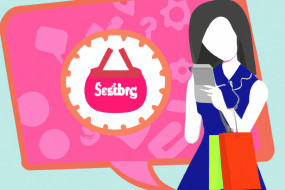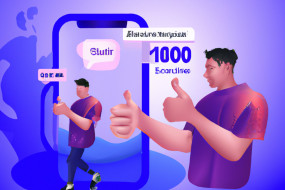
Facebook is one of the most popular social media platforms in the world, but what does the future hold for it in the world of virtual reality (VR)? With recent advances in technology, Facebook's VR capabilities have grown exponentially. Here’s what you need to know...
What Exactly is Virtual Reality?
Virtual Reality, or VR, is a simulated environment that can be experienced through a computer's screen or a VR headset. In this virtual world, users can interact with computer-generated objects and even other people. With VR, Facebook has been able to create more immersive experiences for users.
How is Facebook Using Virtual Reality?
Facebook has invested heavily in VR technology, and its most popular product, the Oculus VR headset, has been a hit among gamers and VR enthusiasts. But beyond gaming, Facebook aims to use VR to improve social media engagement. One way they are doing this is by creating social VR worlds where people can gather virtually and interact in real-time with each other, regardless of their location. This could have significant implications for the future of online communication.
The Potential Benefits of VR for Facebook
If Facebook's VR initiatives succeed, there could be a range of benefits for the company. For one, VR could allow Facebook to expand into new markets, such as virtual events and VR advertising. The technology could also help Facebook retain current users, as users are more likely to stay engaged with the platform if they have novel and exciting experiences. Additionally, VR could provide Facebook with valuable data, as users interactions within VR environments can be tracked and analyzed.
Challenges and Concerns for Virtual Reality on Facebook
As with any emerging technology, there are also potential challenges and concerns with VR on Facebook. One major issue is accessibility, as VR headsets are expensive and not yet widely adopted. There are also concerns about privacy and security, as VR environments can be vulnerable to hacking, and users could unwittingly reveal sensitive information in these virtual spaces. Additionally, some experts are concerned about the potential negative impact of VR on social interaction, as users may spend more time in virtual worlds and less time engaging in real-life experiences.
The Future of Facebook and VR: What to Expect
Despite the challenges, the future looks bright for Facebook and VR. The company has already demonstrated its commitment to VR with its significant investments and acquisitions in the industry. As technology improves and VR becomes more accessible, the potential for VR on Facebook to revolutionize social media engagement and online communication is limitless.
















